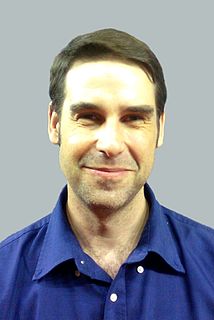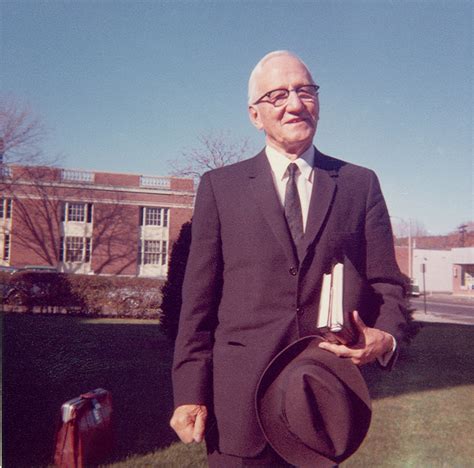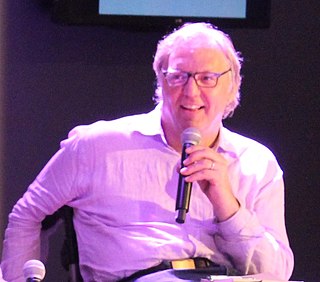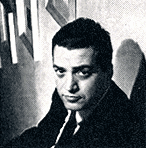A Quote by Joel Osteen
Fear and faith have something in common. They both ask us to believe in something we cannot see.
Related Quotes
There is no logical reason to believe in God. There are emotional reasons, certainly, but I cannot have faith that nothing is something simply because it would be reassuring. I can no more believe in God than I can believe an invisible monkey lives in my ass; however, I would believe in both if they could be scientifically proven.
American culture in particular has instilled in us the bizarre notion that to ask for help amounts to an admission of failure. But some of the most powerful, successful, admired people in the world seem, to me, to have something in common: they ask constantly, creatively, compassionately, and gracefully. And to be sure: when you ask, there's always the possibility of a no on the other side of the request. If we don't allow for that no, we're not actually asking, we're either begging or demanding. But it is the fear of the no that keeps so many of our mouths sewn tightly shut.
"They tell us that the only thing we have to fear is fear itself, but I don't believe that." he said. Then, a moment later, he added: "Oh, the fear is there, all right. It comes to us in many different forms, at different times, and overwhelms us. But the most frightening thing we can do at such times is to turn our backs on it, to close our eyes. For then we take the most precious thing inside us and surrender it to something else. In my case, that something was the wave."
A Johns Hopkins doctor says that 'we do not know why it is that the worriers die sooner than the non-worriers, but that is a fact.' But I, who am simple of mind, think I know we are inwardly constructed, in nerve and tissue and brain cell and soul, for faith and not for fear. God made us that way. Therefore, the need of faith is not something imposed on us dogmatically, but it is written in us intrinsically. We cannot live without it. To live by worry is to live against Reality.
I do believe that nice religious people make the world safe for extremists by teaching us [...] that faith is a virtue, teaching us that there's something good about holding beliefs without any substantiating evidence. Once you buy into that, [...] then the door is opened to extremists who defend their extremism by saying, 'Oh well, it's my faith, you can't touch it, you can't criticise my faith, I don't even need to defend it because faith is faith.'





































